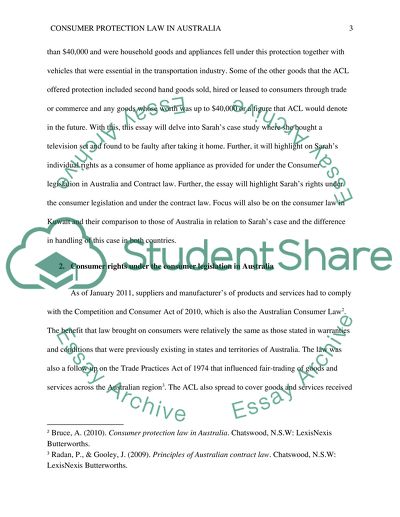Cite this document
(“Consumer law Essay Example | Topics and Well Written Essays - 2500 words”, n.d.)
Consumer law Essay Example | Topics and Well Written Essays - 2500 words. Retrieved from https://studentshare.org/law/1488284-consumer-law
Consumer law Essay Example | Topics and Well Written Essays - 2500 words. Retrieved from https://studentshare.org/law/1488284-consumer-law
(Consumer Law Essay Example | Topics and Well Written Essays - 2500 Words)
Consumer Law Essay Example | Topics and Well Written Essays - 2500 Words. https://studentshare.org/law/1488284-consumer-law.
Consumer Law Essay Example | Topics and Well Written Essays - 2500 Words. https://studentshare.org/law/1488284-consumer-law.
“Consumer Law Essay Example | Topics and Well Written Essays - 2500 Words”, n.d. https://studentshare.org/law/1488284-consumer-law.


